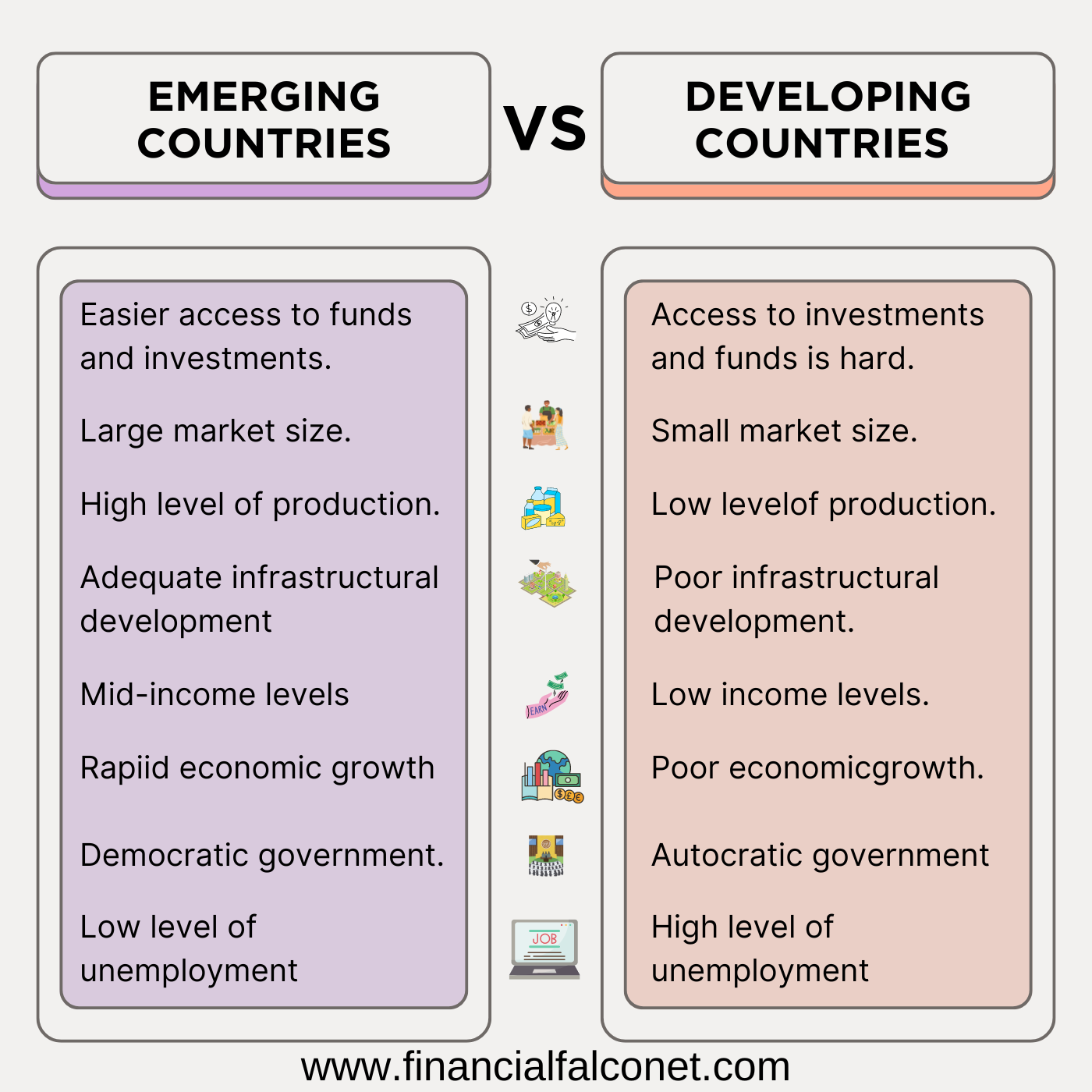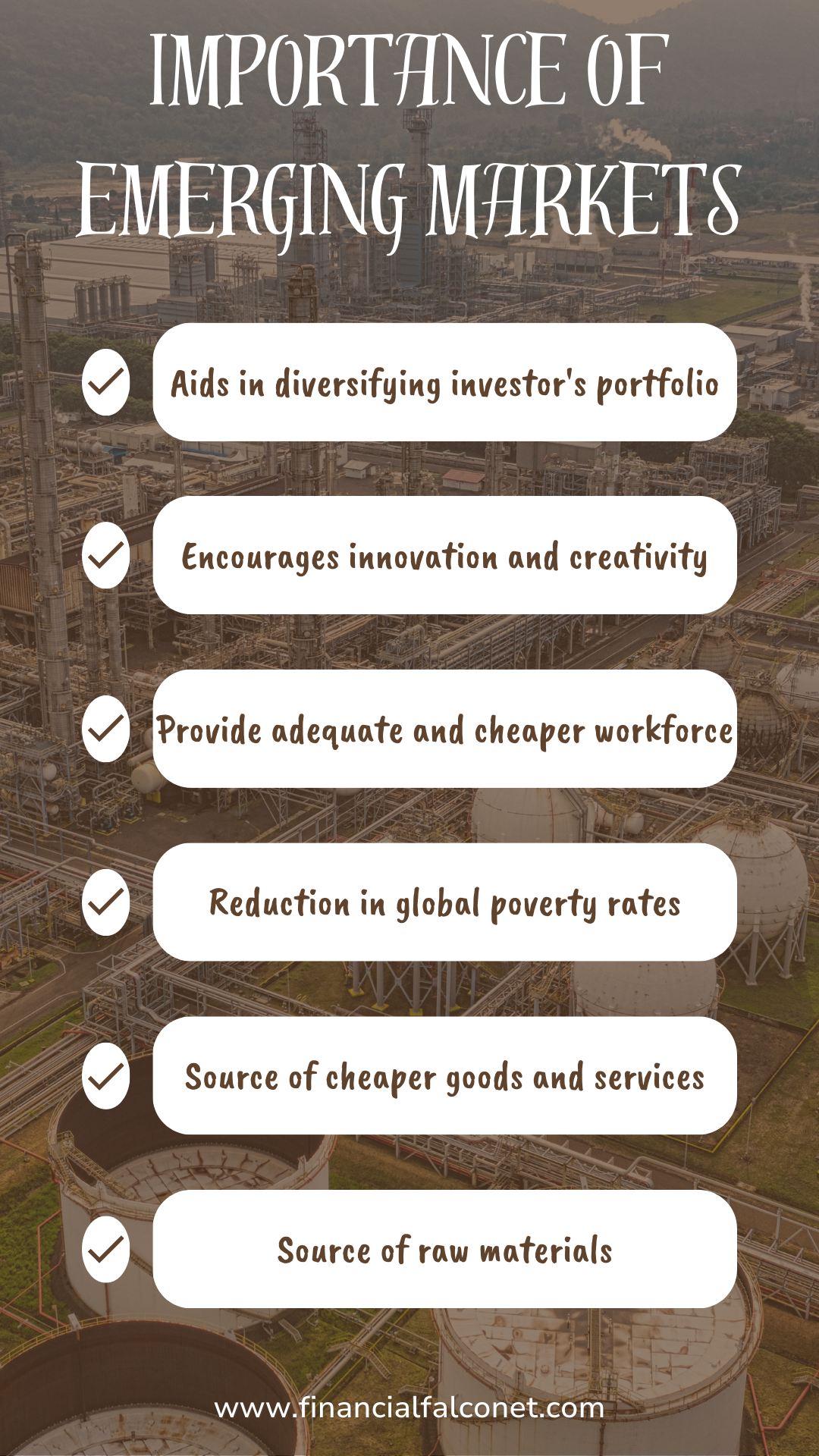
Traditional Economy Pros and Cons
All the countries in existence do operate an economic system that guides how economic activities are carried out within them. Some examples of these economic systems include traditional, mixed, command, and market economies. Each of these systems has peculiar advantages and disadvantages and in this article, we shall discuss the traditional economy pros and cons but before we begin, what is a traditional economy?
What is a traditional economy?
Traditional economies generally remain unchanging for centuries as the community applauds individuals who follow the time-honored patterns of the community’s ways of life and frowns at any alterations or shifts from the status quo. For example, if a family is known for a certain trade such as blacksmithing, it is expected that children from that family will follow the same line of trade as they grow up and mature. This aids in upholding traditions and makes the teaching of skills from one generation to the next easier.

See also: Mixed Economy Advantages
Traditional economy pros and cons
| Pros | Cons |
|---|---|
| Individuals with new ideas are often isolated and treated as outcasts. | The exchange of goods and services is through the barter system |
| Communal life is highly encouraged as human relationships are valued. | A lot of uncertainty may arise with changes in environmental and weather conditions. |
| The nature of economic activities carried out in traditional economies ensures environmental protection. | Genetic uniformity makes the population susceptible to diseases. |
| Little uncertainty when it comes to the questions of production. | Individuals with new ideas are ofted isolated and treated as outcasts. |
| The system operates in simplicity. | There is a high level of stagnation in the economy |
| All individuals living within the traditional economy are highly skilled in the work they do. | The standard of living does improve. |
See also: Command Economy Disadvantages
Pros of a traditional economy
- Autonomy
- Communal life
- Environmental protection
- Little uncertainty
- More free time
- Simplicity
- Skillfulness
The advantages of a traditional economy are as listed above and we shall discuss each one of them below:
Autonomy
Autonomy is a significant advantage of traditional economies because these economies are not dependent on external forces or the influence of other countries in how they function. This means that freedom is guaranteed as the people are self-reliant and freely practice their religion and culture. Since no one interferes in the running of the community and economy, the traditional practices are upheld thereby enabling the people to freely develop their cultures and customs and by extension, allowing them to decide their own fate.
Communal life
One of the most prominent pros of a traditional economy is the communal life that individuals and households enjoy. In this type of economy, the population is usually minimal when compared to modern mega cities like Tokyo where people hardly know their next-door neighbors. The minimal population gives individuals the opportunity to know each other very well, thereby forming strong bonds and social connections that often last throughout a person’s lifetime or even continue with subsequent generations.
Furthermore, due to the high dependence on human relationships, individuals value relationships and clearly understand their unique contributions and significance to the community. This makes everyone feel that their efforts towards production are necessary for the well-being of the community and it further strengthens the communal bond and cohesion that exists in traditional economies.
Environmental protection
Another advantage of a traditional economy is the protection of the environment. The industrial revolution brought about the proliferation of factories under capitalism. These factories were major contributors to environmental pollution which were part of the externalities of production. A traditional economy ensures that the environment is protected and that the negative externalities of production are avoided. This is due to the fact that all the economic activities that are carried out are done on a subsistence level; ensuring that the resources available are used sustainably and the environment is protected.
Little uncertainty
The traditional economy is founded on the exchange of goods, services, and labor, based on traditionally well-established and accepted patterns. This ensures a high level of predictability in what, how, and for whom to produce. This predictability is a traditional economy pro as there is little uncertainty in the community since everyone already knows the established patterns of production and distribution and follows them without question or alterations.
More free time
One of the major advantages of a traditional economy is the additional free time that individuals have to share with their families and generally live. Since the traditional economy focuses on the production of goods and services that aid human survival rather than seeking profit, people do not need to stress about producing in excess of what they require for survival. This implies that the time that would have been spent working in order to feed one’s family and still have excess to sell for profit is considerably reduced.
Simplicity
Another pro of the traditional economy is the simplicity of the system. The exchange of goods and services is based on barter. Every individual is gainfully employed in their family’s known line of occupation. There is no government to pay taxes to nor loan facilities to collect loans from. Individuals own their houses and do not have to worry about mortgage payments or investments in stocks or real estate. This simplicity ensures that people do not worry about complicated market mechanisms, unemployment, taxes, loans, or the trends of the stock market and other investment facilities.
Skillfulness
An additional traditional economy pro is the tendency of individuals to be highly skilled in their given field of endeavor when compared to individuals in other types of economies. This is because individuals often grow in their careers. For example, a child born into a fishing family joins the family to go fishing from a very tender age. This ensures that the child gets to learn the various fishing techniques that the family uses very early in life. Early exposure to the line of work within a family creates a community of highly skilled individuals in their various areas of endeavor.
See also: Mixed Economy Disadvantages
Traditional economy cons
- Barter system
- Environmental uncertainty
- Genetic uniformity
- Isolation of people with new ideas
- Stagnation
- The standard of living does not improve
Barter system
The major disadvantage of a traditional economy is the barter system it operates. In traditional economies, there is no unified system of exchange in the form of money. Instead, the barter system is used where people exchange goods for goods or services for services. For instance, if a fisherman wants to purchase a chicken, he would have to look for a person who has chicken and wants fish in exchange. This system creates a huge problem as the coincidence of needs rarely occurs thus it makes accessing goods or services very hard and cumbersome.
Environmental uncertainty
Environmental uncertainty is one of the cons of a traditional economy. The people’s reliance on the environment for their survival can lead to significant challenges, especially in times of droughts, flooding, wildfires, hail, and other environmentally unstable conditions. These unpredictable weather conditions can adversely affect crop harvest, fishing populations, and hunting which are the basic modes of survival. When this happens, it will often lead to malnourishment, starvation, or even death of humans and animals that reside in the traditional economy.
Genetic uniformity
Another disadvantage of the traditional economy is the genetic uniformity that occurs over time. Due to the isolation of most traditional economies from the world around them, they usually inter-marry within themselves. Over time, this leads to the loss of genetic variations among the population. This genetic uniformity makes the population more susceptible to being wiped out by diseases that a more diverse population can easily withstand.
Isolation of people with new ideas
A significant con of the traditional economy is the isolation of people who decide to work outside the established traditions and customs of the community. These people are often treated as outcasts because the community views their breaking from the status quo as rebellion and disrespect to their way of life. Thus, people are forced to uphold customs and traditions that are archaic and not beneficial for fear of being ostracized.
Stagnation
Another traditional economic con is the lack of technological advancement or improvement to the community or economy. Most traditional economies are found in areas with little or no access to social amenities and other public goods which often leads to a lack of growth and advancement in the community. As the people hold on to their ancient traditions, the world around them often evolves and changes in significant ways while the traditional economy remains unchanged and stagnated year after year. The stagnation often leads to dire consequences such as lack of access to potable drinking, healthcare, goods roads, and education.
The standard of living does not improve
The fact that traditional economies are centered on subsistence ensures that the standard of living of the individuals remains the same, this is another con of the traditional economy. Due to the fact that the system does not encourage creativity, innovation, and the improvement of the laid-down framework of doing things, individuals are forced to carry on living in the same way that their ancestors before them lived. Hence, the standard of living of individuals and households remains unchanged over the course of their lives.
See also: Advantages of free market economy
What are the pros and cons of the traditional economy?
See also: Disadvantages of free enterprise economy


